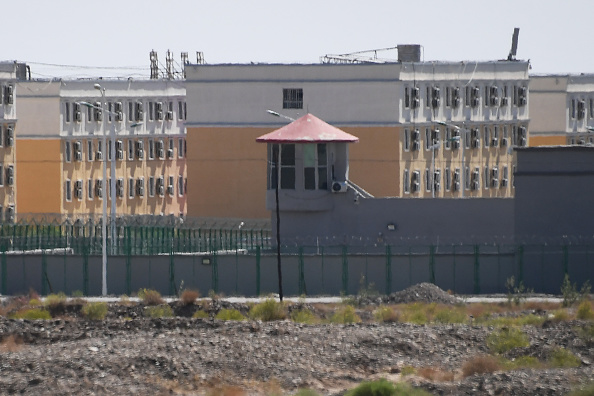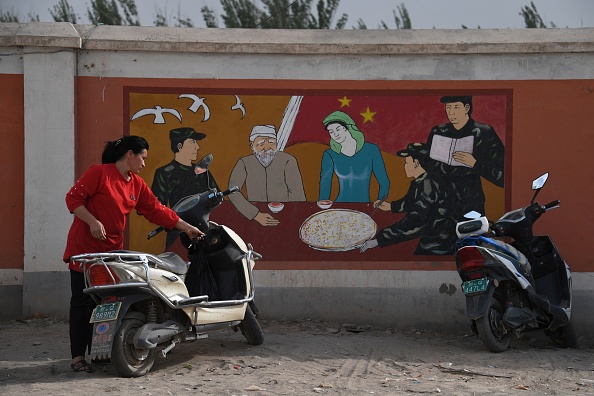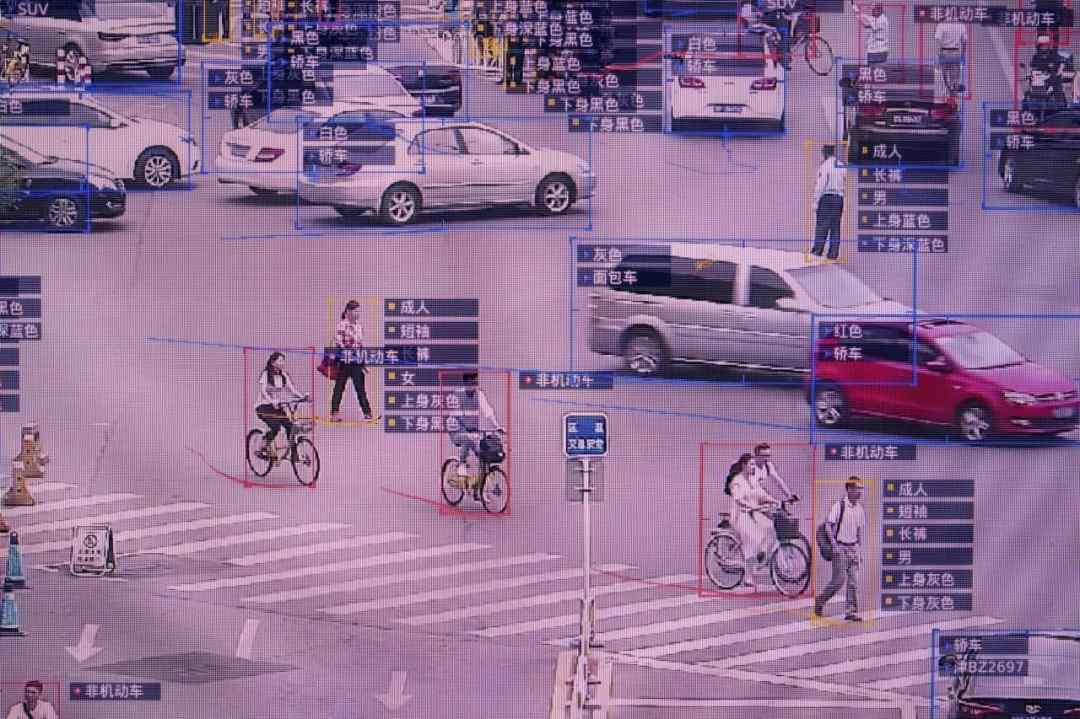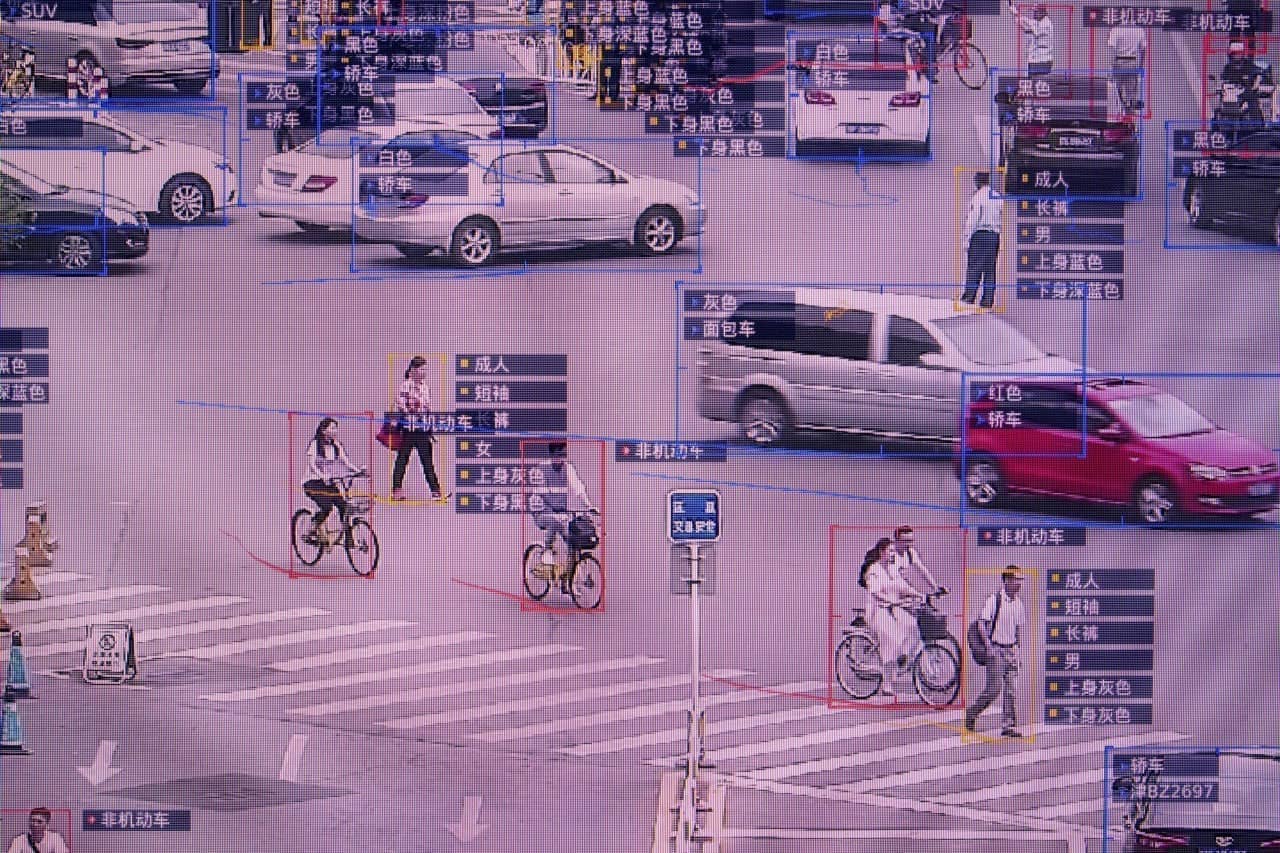The idea of ‘pre-crime’ was popularised by Philip K. Dick’s story ‘The Minority Report’ and the 2002 Steven Spielberg film based on it. Here was a vision of a shudderingly paranoiac technological dystopia in which you could be arrested for something you haven’t even done yet. Not so science-fictional as all that. ‘Pre-criminal’ is the phrase — apparently one in official currency — that’s used of the protagonist of the story with which Darren Byler begins his chilling short book.
Vera Zhou was a student of Byler’s at the University of Washington. A member of the Chinese Muslim Hui population, she was walking through a crowded street in her home city of Kuitun, near the Kazakh border, in 2019 when she was pulled off the street by police. In the People’s Convenience Police Station, she was shown her face on a digital CCTV recording — surrounded by a yellow square — while the crowds milling around her had green squares around their faces. Facial recognition software had identified her and was indicating that she — as a former detainee in a ‘re-education camp’ who had strayed outside her neighbourhood without official permission — was now once again a ‘pre-criminal’.
A secular Muslim, she had originally been detained in 2017 on a visit home to see her boyfriend, and lost two years of her life to one of the camps. Her crime, or rather pre-crime, was that ‘she had used a VPN, or Virtual Private Network, in order to access “illegal websites” such as her university Gmail account. This, they told her later, was a “sign of religious extremism”’. Having WhatsApp on your phone, sharing any sort of religious content on social media or by email, attending a mosque… all these things are sufficient grounds to be taken into a re-education — for which, read concentration — camp.

To be ethnically Uighur, or even notionally Muslim, is to live in a state of permanent suspicion or fear
Byler’s book uses the first-hand testimony of those who have experienced them to describe what goes on in these camps. The students are taken to their new school with bags over their heads, are handcuffed, beaten, tortured, have their heads shaved, are forbidden to stand, sit or lie down without express permission, forbidden to speak any language but Mandarin, are expected to write confessions and self-denunciations —and are surveilled 24/7 by hi-tech AI that even monitors their facial expressions. They are, he argues, systematically dehumanised — and page after page of detail attests to it. The story is familiar because the parallels are obvious.
Within weeks of 9/11, what Byler says was originally a ‘settler-colonial’ project (Xinjiang has 20 per cent of China’s oil and gas, more of its coal, and produces a quarter of the world’s cotton and tomatoes) was rebranded a ‘People’s War on Terror’. The rhetoric of antiterrorism has been used to foment blanket mistrust towards Turkic Muslims in the region, which is now riddled with a whole system of checkpoints and a web of surveillance technologies. To be ethnically Uighur, or even notionally Muslim, is to live in a state of permanent suspicion and fear.
In this brief and horrifying book, Byler argues convincingly that the Chinese state is seeking to extirpate an entire ethno-religious population’s language, belief system, reproductive rights and civil liberties — we could call it, perhaps, ‘pre-genocide’. But he also indicates the way in which the technologies that make this possible are bound up in a penal-industrial complex with global implications: a lot of people, many of them in the West, are getting rich out of this.

Lucrative public-private partnerships are behind the AI systems that create the digitall panopticon; the companies that write the code, such as Megvii, have comfortable tech-bro offices in Seattle and Beijing, and employ Brunswick to do their PR. And the vast biometric datasets that become available when you deprive millions of people of civil rights are manna to those training AI systems to become better and better at surveillance. Meanwhile, low-tech business in the area — thanks to forced and slave labour supplying the export market — is booming.
As western politicians sip tea with Xi Jinping in the hopes of favourable trade deals, it might behove them to have in mind that away to the north-west there are prisoners in concentration camps who are expected to chant ‘Thank you, Uncle Xi’; and that at mealtimes if they don’t respond ‘Xi Jinping!’ to the question ‘Who provides your daily food?’ they don’t eat.
In 1939, in ‘Sonnets From China’, Auden wrote: ‘Maps can really point to places/ Where life is evil now./ Nanking. Dachau.’ Xinjiang, if Darren Byler is to be credited, is such a place. It will take you no more than a couple of hours to read Byler’s book, and when you have you cannot say that you didn’t know.








Comments